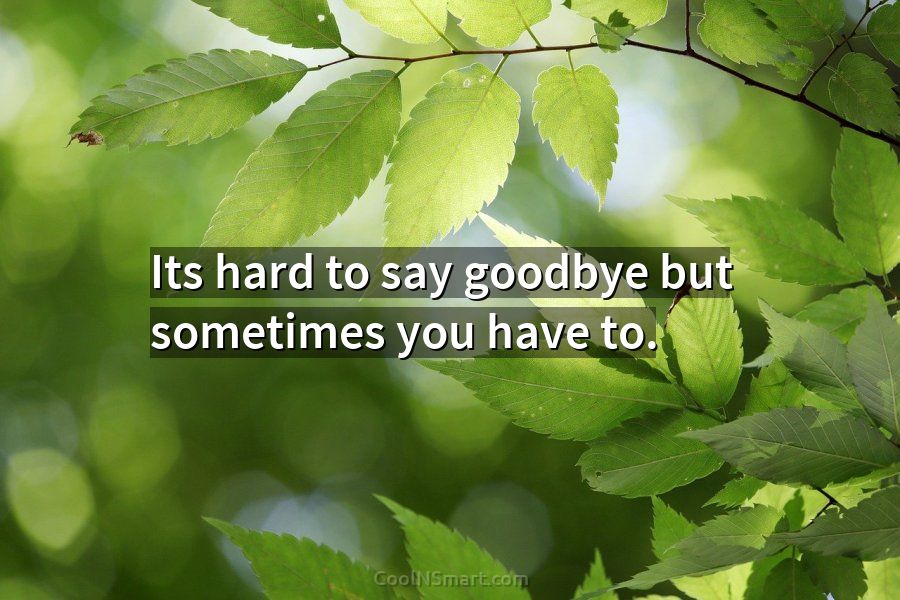Saying goodbye to loved ones can be challenging – devastating. I grew up in a family that wasn’t close. My parents were stringent. There were no hugs or kisses. They didn’t know how to show us love so we didn’t learn how to love. It was how they were raised and didn’t know any better. We were good kids, well-mannered, and knew right from wrong. They thought they had done a good job raising us.
My father, while working as a welder for a large corporation, had a major heart attack on the job. Back in the late ‘60’s early ‘70 there were no employee rights. He was fired immediately and our whole lives turned upside down. Without any income, my parents had to become resourceful and find a way to take care of the family. So the stress made things even colder in the household.
No one talked about what was happening. Dad decided that he was going into the antique business. All the stress and hard work caused my Dad to live a short life. A few years after his heart attack the doctors told Dad that he must have open heart surgery. How can we afford that? Well, I’m not sure what happened but my Mom and Dad ended up in Texas. My Dad was the first survivor of open heart surgery in the United States. His case history was in the college medical books.
At the age of 49, he passed away. He lived 6 ½ years after the surgery. I didn’t know how to say I love you and Dad never told me he loved me. My biggest regret was never telling him how I felt about him. I couldn’t say goodbye.
Later I met my best friend who would become my partner in life – my “brother.” His family was so different than mine. He and his mother were so loving and I didn’t know quite what to do. I didn’t know how to respond to their loving ways.
They taught me what love was and what it is like to have a loving environment. I will always be thankful for the chance to be part of their loving family. I still don’t know if I truly know how to love, but I do know what it feels like to be loved. Michael just recently told me that he is ready to pass on.
He truly broke my heart when he told me that. I’m not ready to say goodbye but thankful that he told me. I will support him and love him until the end. I will be forever grateful that he took a chance and let me into his life. He and his Mom dramatically changed my life and showed me what love is. I will be forever thankful for the opportunity to have known his family and what I was able to learn and feel from them.
Saying goodbye to a loved one — what to talk about, when, and how — isn’t easy. What do people appreciate hearing at any time of life – words of candor, reassurance, love? Here are some suggestions to help you during that difficult time.
Don’t wait until the last minute.
It’s hard saying goodbye. Putting off meaningful conversations is perhaps the number-one source of regret. Time and again we are told exactly when the final hour is approaching by doctors so that we have time to say our goodbyes. It’s uncanny that dying people have the ability to choose the moment of death. It’s not uncommon for them to spare those they love the most or feel protective of by waiting until those people leave the room.
Some feel cheated when they are so determined to be there and their loved one passed on when they were alone. Knowing this, spend less time focused on making sure they don’t die alone, and more time on telling them what they meant to you. Think about what you would want to hear and know if you were dying. Ask yourself: Is there anything critically important that needs to be said? Nothing said is wasted even if the person continues to live awhile.
It’s OK, even comforting, to tell them that you know the end is nearing
The dying person usually knows what’s happening. When no one talks about it, it’s an elephant in the room that everyone is tiptoeing around. The person who’s dying and everyone involved are uncomfortable and that only adds stress. Think about others’ needs instead of dealing with your own.
It helps to reassure the dying person that you understand and are ready, even though you may not be yet. In a way, you’re granting the person permission to set aside the troubles of this world. That’s not to say you need to use direct language about death. Near-death awareness (as the phenomenon of saying and seeing unusual things on one’s deathbed is known) is seldom caused by medications or dementia, research shows.
Follow the dying person’s lead
If the person talks about impending death either directly or indirectly through metaphor, go along. Don’t correct the person (“No you’re not dying.” “But dear, we’re not going on a trip today”),
Expressing anxiety about finishing certain tasks is similar to that ‘did-I-turn-off-the-stove worry’ we all feel before going on a trip. Follow the metaphor with reassurance: “You’ve done a good job; you’re all set.”
Sometimes the person may ask, “Am I dying?” as a way of gauging your feelings. Instead of attempting to answer with a yes or no answer, reflect the question back: “I don’t know. How are you feeling?”
Others refuse to directly discuss death. Don’t force this issue but listen to what they have to say. They know and they will give you hints. You just need to pay attention to what they are telling you and follow their lead.
Truth is good — but so is the little white lie
Being reassured that their loved ones will fare well in their absence helps people feel they can go peacefully. It’s common to seek reconciliation with or between other people, with God or the universe, or within themselves. They often ask directly about particular relationships or express a desire to see someone they’ve been in conflict with themselves.
Hospice workers advise you to let them know that you will be OK with them passing on. If that is difficult for you here are some alternatives that are supportive but easier to say: “You look tired, sweetheart, please don’t worry about me.” “You’ve been such a fighter. If you need to rest, it’s OK.” “I understand what’s happening and it makes me so sad, but I’ll be all right.”
Or you could talk about the person’s accomplishments or legacy: “I’m so proud when I think of all the things you’ve done.” “We don’t like what’s happening to you, but you’ve shown us how to stick together and be OK.” These help your loved one see that they made a difference in the world or within a particular family, which satisfies the human need to feel our lives have meaning and purpose.
Hearing is the last sense to leave. That’s why you should always assume that a person who’s unconscious, in a coma, or seems otherwise unresponsive can hear you. Say what’s in your heart. You may even get a reply or they may press your hand or give you some kind of acknowledgment. Celebrate their life and what they mean to you.
Trust your instincts, not “the rules.”
We have developed an odd code of conduct about how to say goodbye. One common expectation, for example, is that people should be somber. These beliefs simply aren’t applicable to every situation.
Don’t let anyone tell you there’s a “right” way to behave. For some people, for example, jokes and obliviousness are the right tones right to the end. They still want to be a part of your life. So talk about what is happening in your life. It also helps them to think about something else than their current situation. It makes them feel as if they are still part of what is going on in the family.
You don’t have to issue a formal farewell every time you leave the room
Not knowing if a parting is the final one brings the happiest of visits to an uncertain juncture. Here’s where it helps to have expressed love, appreciation, forgiveness, and reassurance in an ongoing way. Say what you need to say many times and in different ways. You’ll be less likely to have any regrets when the moment finally comes. Use open-ended phrases like “God be with you.” or “I love you; sleep well.” Or in place of words, express all you’re feeling with an embrace.
You can speak volumes without uttering a word.
It’s hard to say goodbye — but you don’t have to “say” anything. Most critical: Just show up. Be there.
Foot rubs, stroking an arm or shoulder, kisses, smiles, and gazing into someone’s eyes all communicate compassion, love, and gratitude for a shared lifetime. With or without accompanying conversation, your presence and your touch rank among the most eloquent, regret-free ways there are of saying goodbye.
Saying goodbye is one of the most difficult things you will ever do. I hope that these suggestions have helped you to deal with the situation the next time it comes around.
Follow me on: Instagram – @offers26 and Twitter – @msazkat



